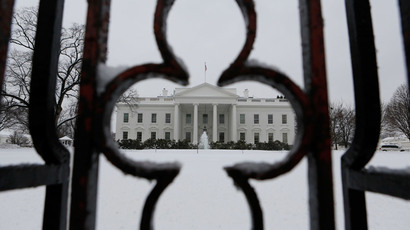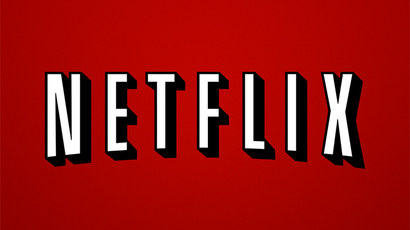Net neutrality fight moves to mobile phones

The realm of mobile internet is currently unaccounted for in the Federal Communication Commission’s most recent effort to rewrite the rules of net neutrality rules, but industry lobbyists in the United States say that could soon change.
Critics have until September 10 to petition the FCC and weigh in on the proposal currently being considered by the agency that was written by Chairman Tom Wheeler and contains provisions that may allow Internet Service Providers to prioritize some web traffic over others.
According to a report published by Reuters over the weekend, big tech firms and consumer advocates alike are asking the FCC to widen that proposal to include new rules for the mobile internet
"The distinction between wireless and wireline is certainly not the same as it was,” Michael Beckerman, the head of the Internet Association trade group, told Reuters. “The enforceable net neutrality rules should apply equally, whether you use the Internet on your mobile or home broadband."
"There will be differences in terms of network management, but at the end of the day, the same fundamental principles ... need to apply to the mobile world,” said Beckerman, whose group lobbies on behalf of web giants like Google, Facebook, AOL and Amazon.
Earlier this year in May, a coalition of Silicon Valley heavyweights including Microsoft, Netflix, Twitter and Yahoo echoed that call and said that “Instead of permitting individualized bargaining and discrimination, the Commission’s rules should protect users and Internet companies on both fixed and mobile platforms against blocking, discrimination, and paid prioritization, and should make the market for Internet services more transparent. The rules should provide certainty to all market participants and keep the costs of regulation low.”
“Those of us who believe that the principle of net neutrality is crucial to a truly open internet – the kind of web required to ensure innovation and free speech – need to recognize that in many places, including the United States, we've already lost the near-term battle when it comes to mobile,” added Guardian columnist Dan GIlmor in a recent op-ed.
A major point brought up by Gilmor at the time was that “mobile essentially is the internet” in much of the developing world, where phones are the only web-ready devices many people have. In Reuters this week, reporters Alina Selyukj and Marina Lopez wrote that a “growing number of US consumers, many of them low income, non-white and young, rely on such devices as their primary means of Internet access.”
"The FCC already acknowledged the unique nature of wireless, specifically the technical and operational challenges our industry faces, including the need to ... actively manage networks to provide high quality service to a customer base that is constantly on the go," Meredith Attwell Baker, CEO of the wireless trade group CTIA, added to Reuters.
Chairman Wheeler’s proposal has attracted the ire of open internet advocates in recent month by including language that some say will open the door for a two-tiered payment system in which the delivery of content could be prioritized by ISPs.
“To be very direct, the proposal would establish that behavior harmful to consumers or competition by limiting the openness of the Internet will not be permitted,” Wheeler has responded to critics.














